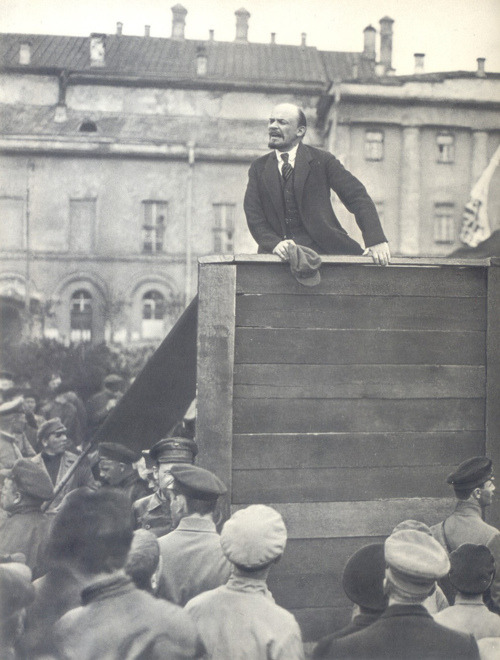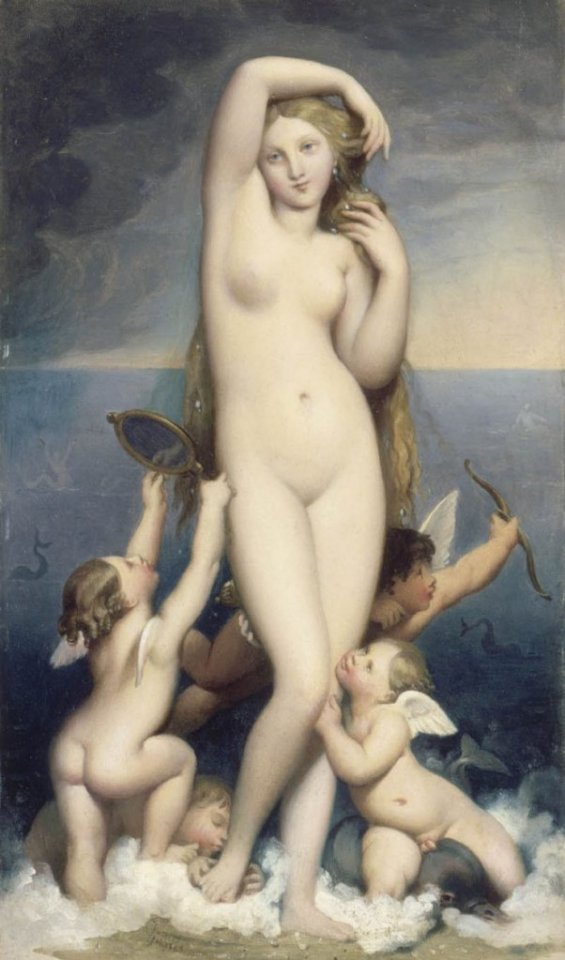Don't wanna be here? Send us removal request.
Photo
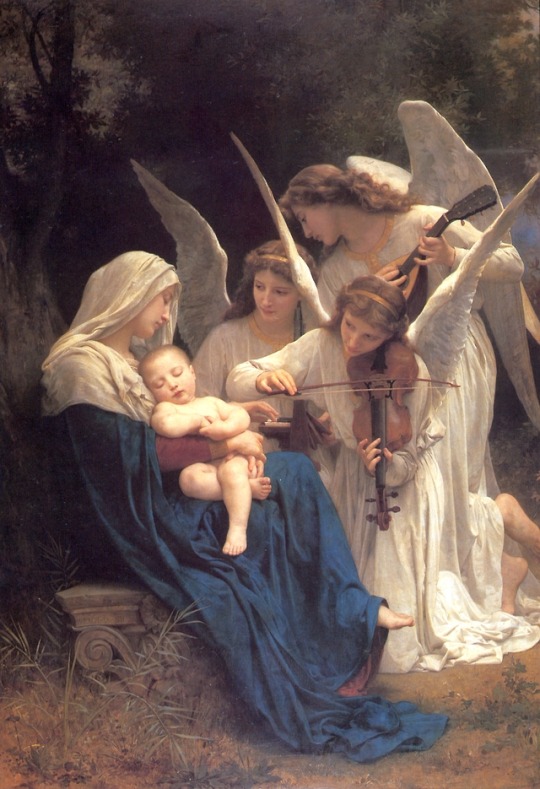
Song of the Angels, 1881, William-Adolphe Bouguereau
Size: 213.4x152.4 cm Medium: oil, canvas
11 notes
·
View notes
Photo
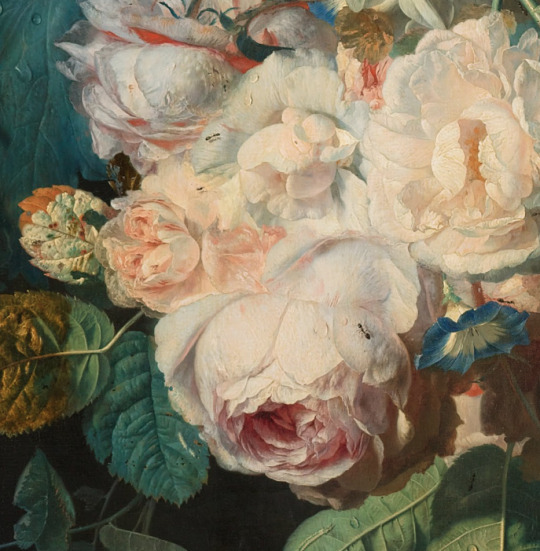
Jan Van Huysum, Still Life with Flowers and Fruit (detail)
1700-49
32K notes
·
View notes
Photo

Hippolyte Flandrin, Etude de jeune fille (detail)
19th century
4K notes
·
View notes
Text
Triple Entente
The Triple Entente (from French entente "friendship, understanding, agreement") refers to the understanding linking the Russian Empire, the French Third Republic, and the United Kingdom of Great Britain and Ireland after the signing of the Anglo-Russian Entente on 31 August 1907. The understanding between the three powers, supplemented by agreements with Japan and Portugal, was a powerful counterweight to the Triple Alliance of Germany, Austria-Hungary, and Italy.
1 note
·
View note
Photo
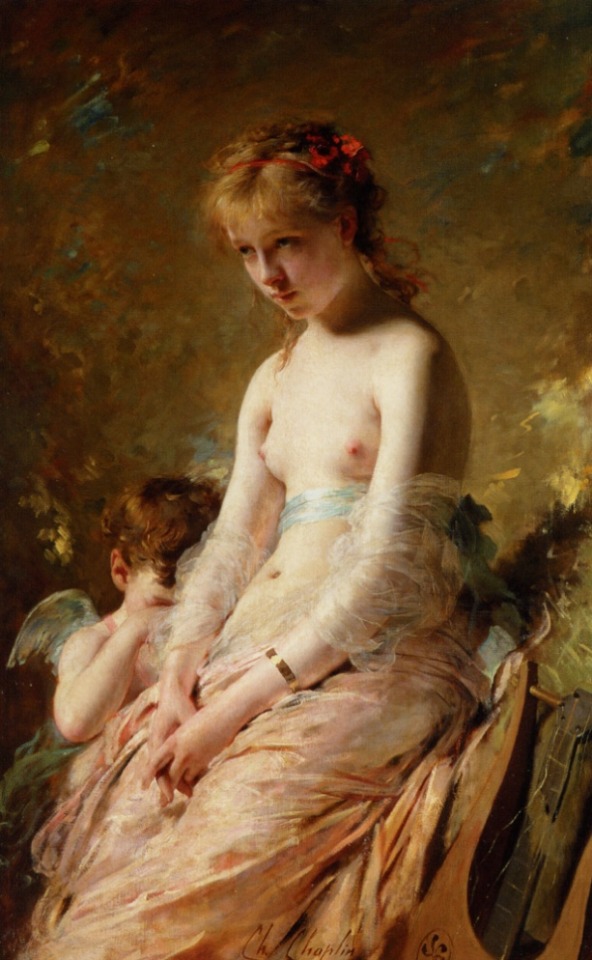
Charles Joshua Chaplin, A Song Silenced. More at Strange Tears.
98 notes
·
View notes
Text
League of the Three Emperors
The Three Caesars' Alliance or Union of the Three Emperors (German: Dreikaiserbund, Russian: Союз трёх императоров) was an alliance between the German Empire, the Russian Empire and Austria-Hungary, from 1873 to 1887. Chancellor Otto von Bismarck took full charge of German foreign policy from 1870 to his dismissal in 1890. His goal was a peaceful Europe, based on the balance of power. Bismarck feared that a hostile combination of Austria, France and Russia would crush Germany. If two of them were allied, then the third would ally with Germany only if Germany conceded excessive demands. The solution was to ally with two of the three. In 1873 he formed the League of the Three Emperors, an alliance of the Kaiser of Germany, the Tsar of Russia, and the Kaiser of Austria-Hungary. Together they would control Eastern Europe, making sure that restive ethnic groups such as the Poles were kept in control. It aimed at neutralizing the rivalry between Germany’s two neighbors by an agreement over their respective spheres of influence in the Balkans and at isolating Germany’s enemy, France. The Balkans posed a more serious issue, and Bismarck's solution was to give Austria predominance in the western areas, and Russia in the eastern areas.
0 notes
Text
Emmeline Pankhurst (née Goulden; 15 July 1858 – 14 June 1928) was a British political activist and leader of the British suffragette movement who helped women win the right to vote. In 1999 Time named Pankhurst as one of the 100 Most Important People of the 20th Century, stating "she shaped an idea of women for our time; she shook society into a new pattern from which there could be no going back".She was widely criticised for her militant tactics, and historians disagree about their effectiveness, but her work is recognised as a crucial element in achieving women's suffrage in the United Kingdom.
0 notes
Photo
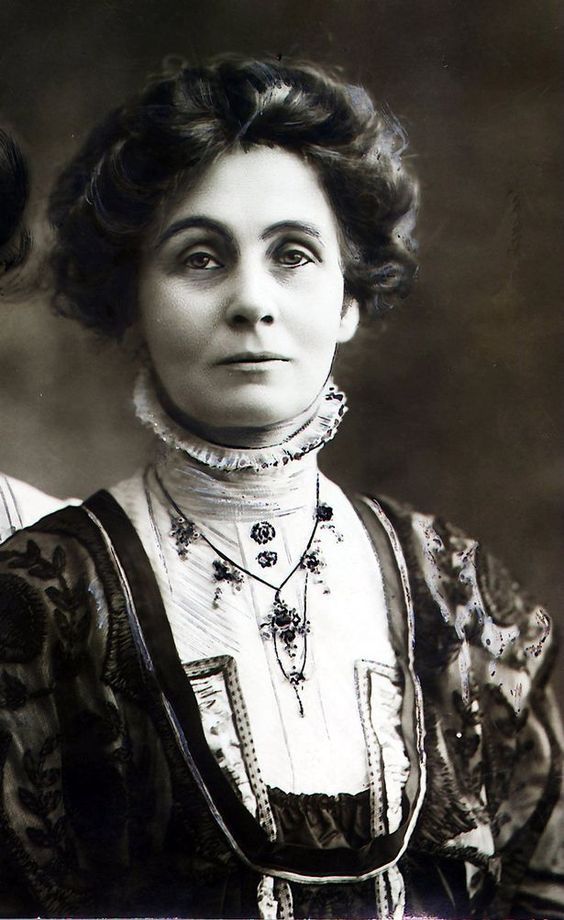
Emmeline Pankhurst sufragette who fought for the right for women to vote
175 notes
·
View notes
Photo
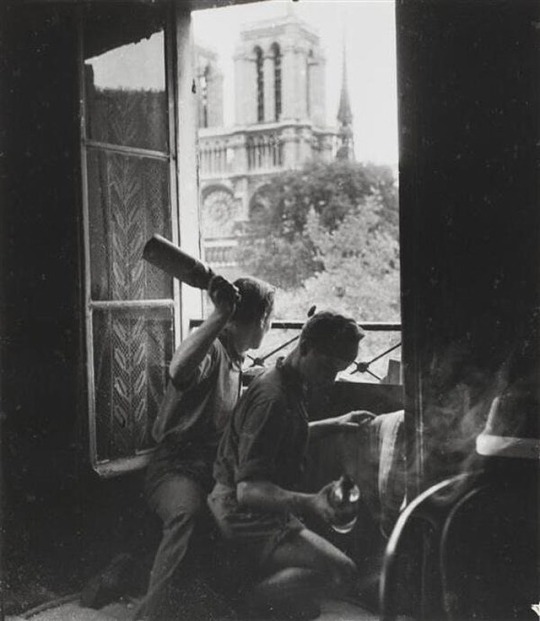
Members of the French resistance with Molotov cocktails during the liberation of Paris, August 1944
358 notes
·
View notes
Text
French Third Republic
The French Third Republic was the system of government adopted in France from 1870, when the Second French Empire collapsed, until 1940, when France's defeat by Nazi Germany in World War II led to the formation of the Vichy government in France. It came to an end on 10 July 1940.
0 notes
Photo
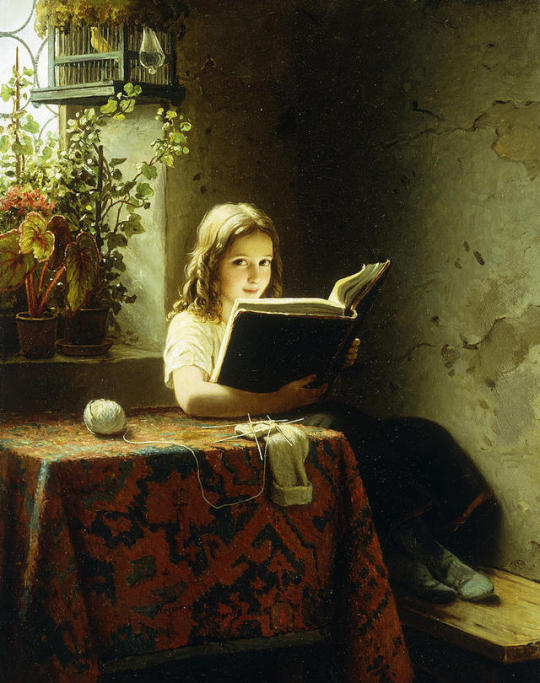
Girl Reading (Das lesende Mädchen). 1848. Johann Georg Meyer
799 notes
·
View notes
Photo
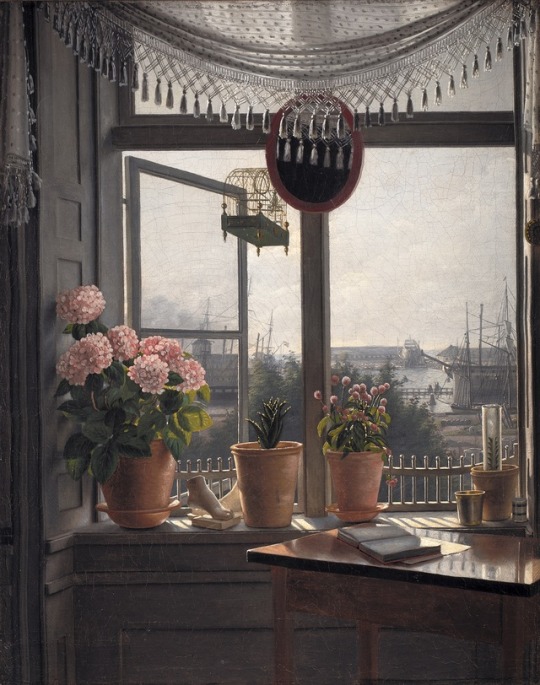
View from the artist’s window, c.1825 by Martinus Rørbye (Danish, 1803–1848)
2K notes
·
View notes
Text
French Second Republic
The French Second Republic was a short-lived republican government of France between the 1848 Revolution and the 1851 coup by Louis-Napoléon Bonaparte which initiated the Second Empire. It officially adopted the motto of the First Republic, Liberté, Égalité, Fraternité. The Second Republic witnessed the tension between the "Social and Democratic Republic" and a liberal form of republicanism, which exploded during the June Days uprising of 1848.
0 notes
Photo
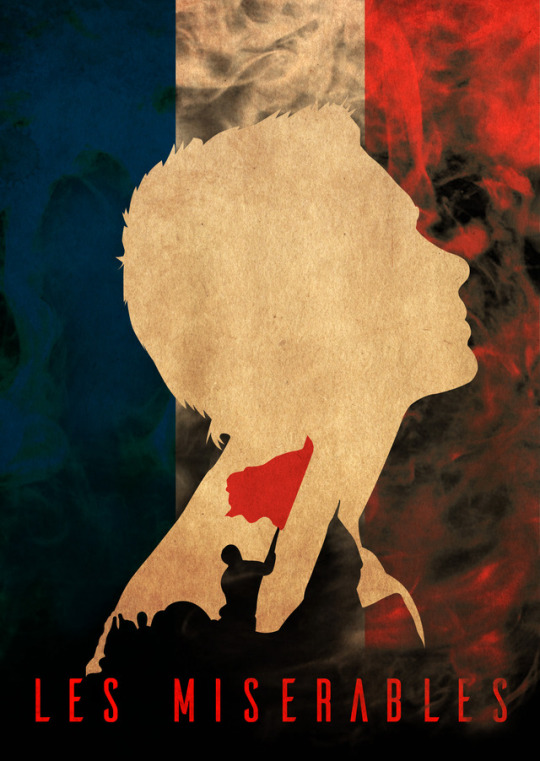
“I had a dream my life would be so different from this hell I’m living!”
2K notes
·
View notes
Photo
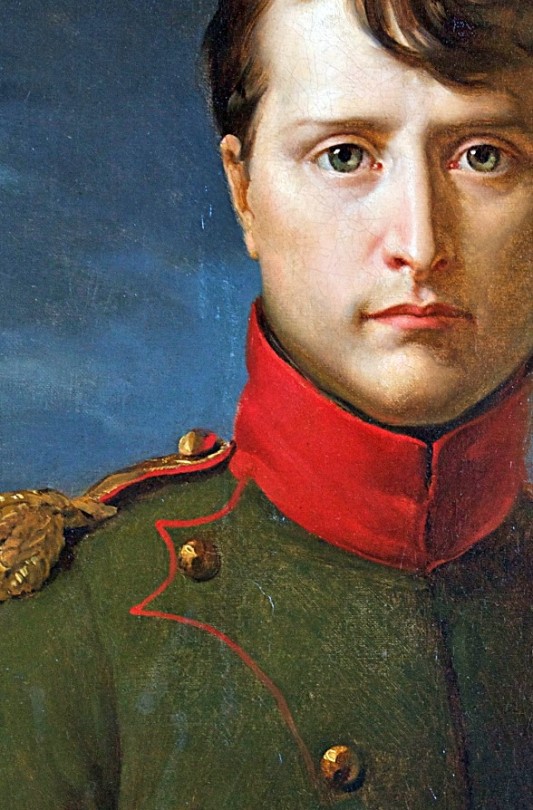
François Gérard, Napoléon Bonaparte Premier Consul, 1803. Detail.
141 notes
·
View notes
